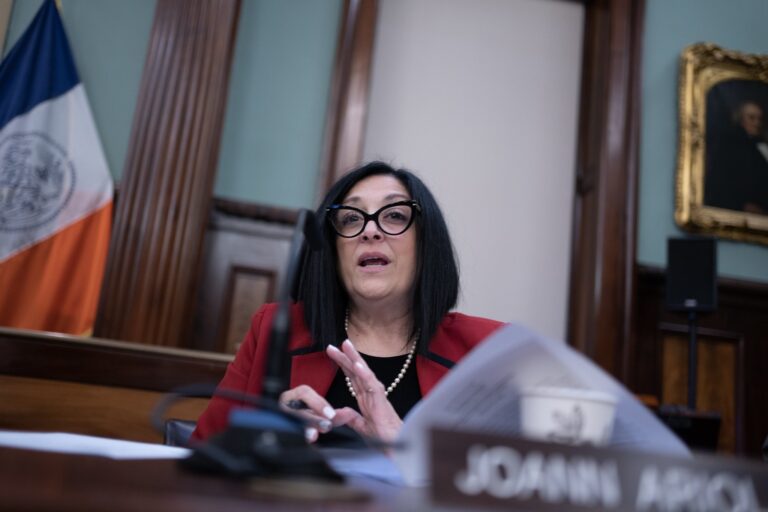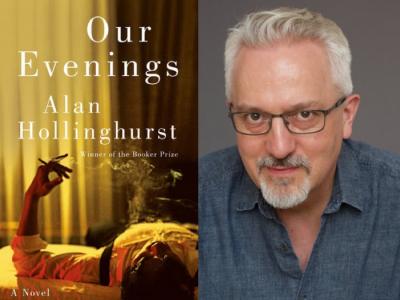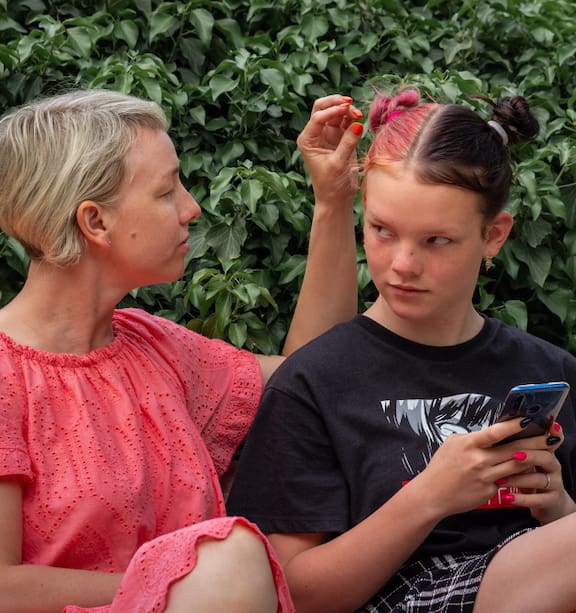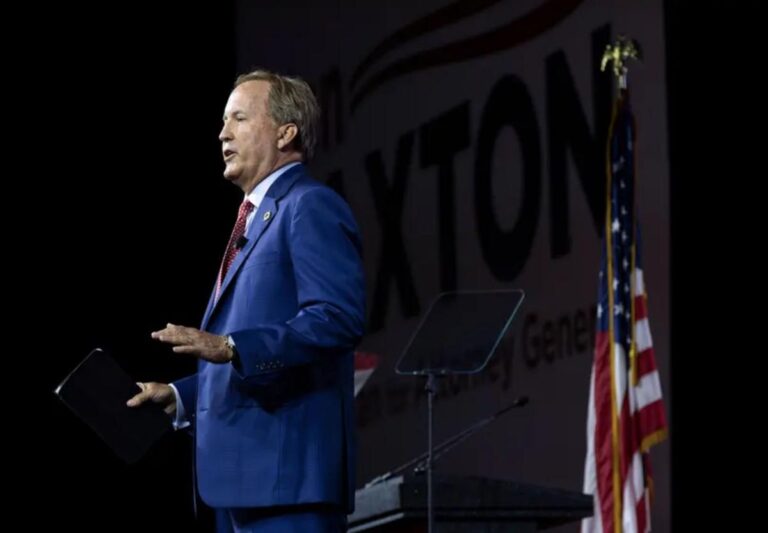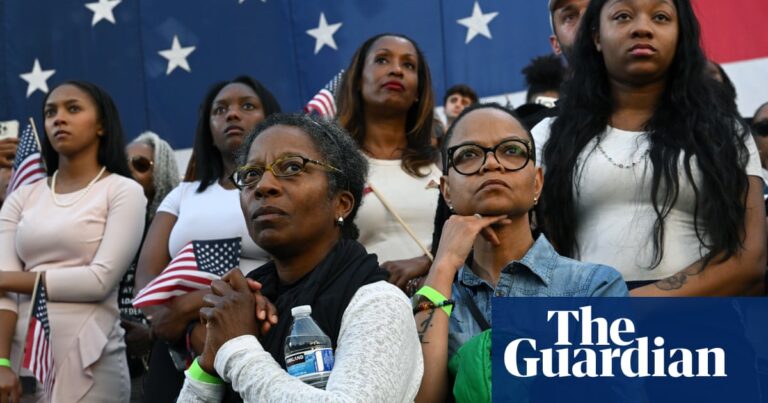Trump Targets Woke Education in New Policy Proposals
Trump Cracks Down on Woke Education: A New Policy Agenda
Education is often the bedrock of a nation’s future. It shapes minds, fosters understanding, and creates informed citizens. But lately, education has been at the center of a contentious debate, especially within U.S. schools. Enter Donald Trump, once again making headlines. This time, he’s targeting what’s been dubbed “woke education” — an umbrella term that covers various progressive ideas and educational practices. In this article, we’ll explore Trump’s new policy proposals, breaking down what they mean and how they might transform the educational landscape.
Understanding “Woke Education”
Before diving into the policies, let’s unpack what “woke education” means. In basic terms, it’s a movement that advocates for awareness about social justice issues in classrooms. This can include topics such as racism, gender identity, and environmental justice. Critics argue that “woke” ideologies promote divisiveness and cause more harm than good, undermining traditional educational values.
What Trump Proposes
Trump’s approach is clear: he wants to roll back initiatives he deems too progressive or “woke.” His proposed policies reflect a significant shift towards traditional educational norms. Here’s what he aims to tackle:
-
Curriculum Control: Trump’s proposals suggest that local school boards should decide on curriculum content without interference from state or federal mandates. This would shift the power dynamics currently in place, allowing communities to adjust educational content according to their values.
-
Banning Critical Race Theory: One of the most significant components is his firm stance against Critical Race Theory (CRT). CRT examines the ways in which race and racism intersect with other forms of social stratification. Trump believes that introducing CRT into schools promotes division. His plans could lead to a nationwide ban on this theoretical framework in K-12 education.
-
Restricting Gender Identity Content: The proposal also targets discussions around gender identity in educational settings. Trump is advocating for policies that limit instruction about gender fluidity, arguing that children should not be exposed to complex gender discussions until they are older.
-
Parental Rights: Perhaps the most significant aspect of Trump’s proposal focuses on parental involvement in education. He aims to ensure that parents have the ultimate authority in what their children learn, including the option to opt-out of any lessons that don’t align with their values.
-
Education Funding Redirection: Trump has suggested redirecting funding from “woke” programs to more traditional educational pathways. This would significantly impact how schools allocate resources and shape their curricula.
Why Is This Important?
So, why should we care about Trump’s new policy proposals? Well, education represents more than just classroom learning; it reflects the values of a society. With such a polarizing topic, these proposed changes could influence the entire educational landscape for years to come, impacting millions of students and families.
The Impacts of “Woke Education” Reforms
For Supporters: For those who support Trump’s proposals, it’s seen as a reclaiming of educational values that have been lost. Many argue that education should focus on foundational knowledge—math, science, reading—rather than tackling complex socio-political issues. They believe this will prepare students for the workforce and encourage unity.
For Critics: On the flip side, critics argue that removing discussions about race, gender, and systemic inequalities removes vital context for understanding the world. They fear this could lead to a generation that lacks awareness of social justice issues, potentially hindering progress toward an equitable society.
Public Reception
The public’s response to Trump’s education policies has been a mixed bag. His supporters applaud the proposals as necessary corrections to an education system that some believe has gone awry. They see a champion in Trump, someone who is unafraid to challenge the education establishment.
Conversely, critics argue that these policies represent an attack on intellectual freedom and academic inquiry. Many educators and parents are deeply concerned that limiting controversial topics will stifle healthy debates and discussions that are crucial for knowledge expansion.
A Closer Look at the Divisive Language
When discussing “woke education,” one cannot overlook the charged language used. Words like “indoctrination,” “radical,” and “agenda” often pepper the discourse. These terms create a heightened emotional response, polarizing individuals and framing the debate in black-and-white terms.
Future Implications
As Trump’s proposals gain traction, we must ask ourselves: What does this mean for the future of education in America? The shifting landscape could lead to notable changes:
-
Local Control vs. Federal Oversight: If local school boards gain more control, we might see that education becomes increasingly varied as communities adapt curricula to fit local beliefs and values.
-
Educational Equity Risks: As discussions surrounding race and identity become sidelined, there’s a risk that educational equity may diminish. If students aren’t taught about historical and contemporary social issues, they may lack the necessary tools to navigate an increasingly complex world.
-
Increased Polarization: This could create even more divisiveness within communities. Parents and educators may find themselves at odds over curriculum choices, potentially leading to conflict about what “truth” in education truly means.
Conclusion
Trump’s bold moves against “woke education” extend far beyond mere policy proposals; they signify a broader cultural shift. While some cheer this as a restoration of traditional education, others raise caution flags about the implications for social awareness and equity.
As discussions continue, it’s essential for all stakeholders—parents, educators, and policymakers—to engage in constructive dialogue that prioritizes students’ education above all else.
Let’s foster environments where students can learn about diverse perspectives while also gaining the core knowledge they need to thrive in the world. After all, the goal of education should be to equip students with the tools they need to think critically, engage meaningfully, and contribute positively to society.
FAQs
1. What does ‘woke education’ refer to?
‘Woke education’ refers to an approach in the educational system that emphasizes social justice issues, including topics like race, gender identity, and systemic inequalities.
2. What are the main proposals Trump is suggesting regarding education?
Trump’s proposals primarily focus on curriculum control, banning CRT, restricting discussions on gender identity, enhancing parental rights, and redirecting education funding.
3. Why do some people oppose Trump’s education proposals?
Opponents argue that these proposals risk stifling critical discussions on important social issues, potentially leading to a less informed populace.
4. How could local control of education affect curriculum choices?
Local control may lead to curriculums that reflect community values, resulting in significant regional differences in what students learn across the country.
5. What are the potential consequences of limiting discussions around race and gender in education?
Limiting these discussions may hinder students’ understanding of social issues, reducing their ability to engage with a diverse and complex world.



